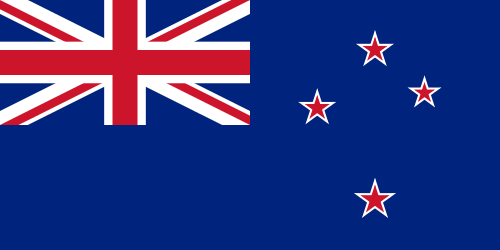Part 1: New Zealand, Australia, Massachusetts, the New Deal, and China: How governments took an active role initially, and how they balance economic variability now. || This original research was produced for The Globalist Research Center and Arsenal For Democracy.
More than 150 countries have set minimum wages by law, whether nationwide or by sector. Other countries have no legal minimum, or governments play a different role in wage setting processes.
Where in the world did government-set minimum wages originate?
In 1894, over 120 years ago, New Zealand became home to the first national law creating a government role for setting a minimum wage floor – although this may not have been the initial intention.
The Industrial Conciliation and Arbitration Act established an arbitration court made up of both workers and employers. It was intended to resolve various industrial-labor relations disputes in a binding manner. The goal was to avoid all labor strikes.
The court was empowered to set wages for entire classifications of workers as part of these resolutions. It did not take long for this to evolve into a patchwork of rulings that effectively covered all workers.
Today, New Zealand’s hourly minimum wage is about equivalent in purchasing power parity (PPP-adjusted) terms to US$9.40.
Which country first adopted a living wage?
In the 1890s, neighboring Australia was still a loose collection of self-governing British colonies, rather than one country. One colony, Victoria, was inspired by New Zealand to adopt a similar board with wage-setting powers. This occurred shortly before the Australian colonies federated together in 1901 to become one country.
In 1907, Australia pioneered what is now known as a “living” wage when the country’s new national arbitration court issued a ruling in favor of a nationwide minimum wage.
That court specified that it had to be high enough to fund a worker’s “cost of living as a civilised being.” While the ruling soon ran into legal trouble from the federation’s Supreme Court, it remained a crucial precedent in future labor cases.
To this day, Australia has a generous minimum wage. The current rate is about equal to US$11.20 in PPP-adjusted terms. This represents about 55% of median pay. However, New Zealand’s minimum wage is actually proportionally higher, at 60% of median pay.
N.B. Purchasing-power currency conversions are from 2012 local currency to 2012 international dollars rounded from UN data.
Which U.S. state had the first minimum wage?
In the United States, a minimum wage mechanism was first introduced in 1912 at the state level — but specifically for female workers (and some child laborers) — in Massachusetts.
The state passed a law to create a “Minimum Wage Commission” empowered to research women’s labor conditions and pay rates, and then to set living wages by decree. For any occupation, the Commission could set up a “wage board” comprising representatives of female workers (or child workers), employers, and the public to recommend fair pay levels.
The Commission’s decreed wage had to “supply the necessary cost of living and to maintain the worker in health.”
1912, the year Massachusetts passed the law creating the commission, was part of a period of major reforms in the United States, which had become the world’s largest economy.
These changes gave government a more active legal role in economic policy. In 1913, the country adopted the Sixteenth Amendment to the U.S. constitution, which made possible a federal progressive income tax. Also in 1913, the Federal Reserve System was created.
More than a dozen U.S. states followed Massachusetts within less than a decade. However, they had to contend with frequent battles before the U.S. Supreme Court on the constitutionality of government-set minimums. Read more




